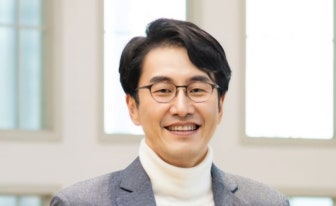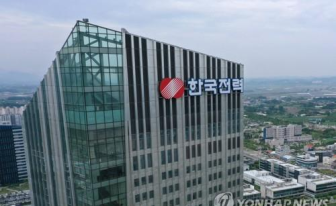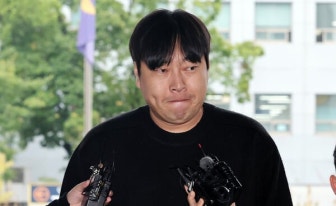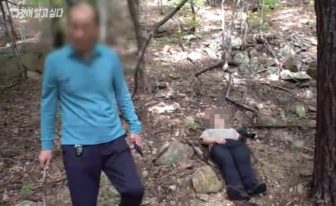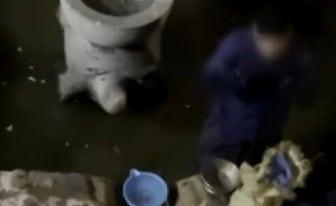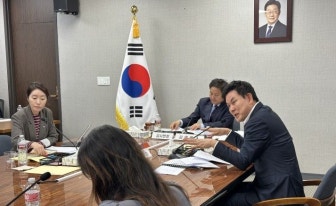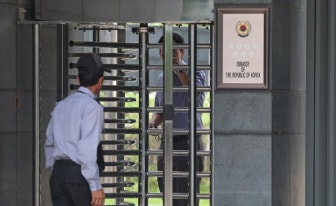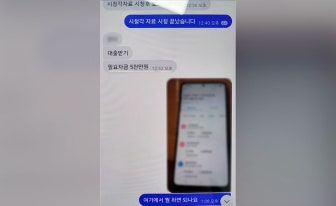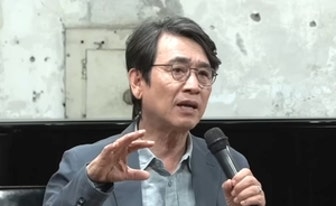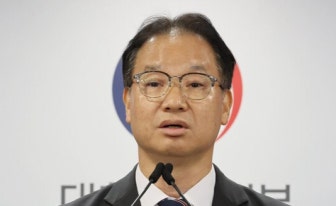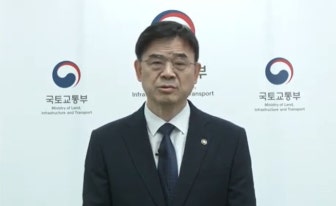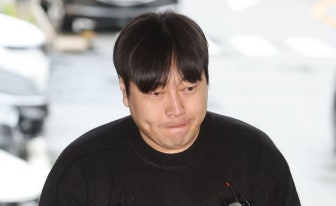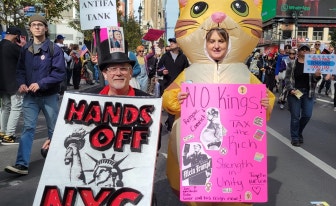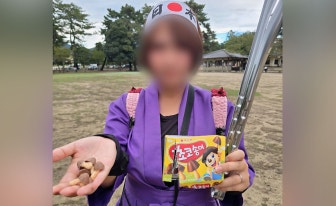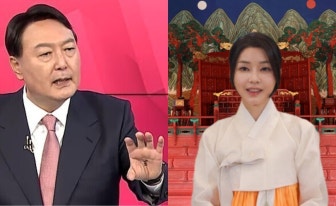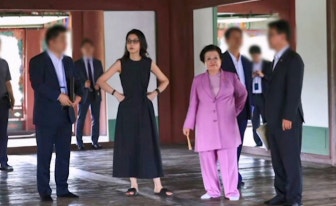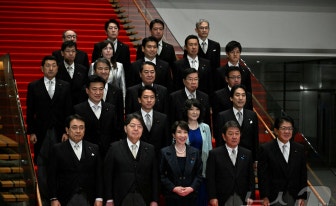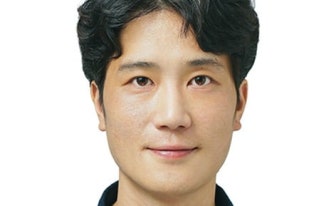Special Counsel Min Joong-ki, who is leading the investigation into allegations surrounding former first lady Kim Keon Hee, faces accusations that he once engaged in stock trading using nonpublic insider information. The stock in question was Neo Semi-Tech, a solar energy firm that entered the market through a backdoor listing but was later delisted after its executives were accused of embezzlement and accounting fraud. Although the timing and method of investment differ, it was the same company in which Kim had invested. The coincidence that both the subject of the probe and the investigator held stock in the same firm has raised questions about improper trading.
Min’s record of shareholding and sale raises concerns that defy ordinary explanation. In April 2008, while serving as a senior judge at the Busan District Court, he reported owning 10,000 shares of Neo Semi-Tech, then an unlisted company, in his public asset disclosure. He later increased his holdings to about 12,000 shares. In 2010, just before the company was delisted, Min sold his shares and earned more than 150 million won ($105,485) in capital gains. That contrasts sharply with the 7,000 individual investors who lost over 400 billion won when the company collapsed due to accounting fraud. It is reasonable to question whether Min could have sold his shares with such “perfect timing” without access to inside information.
A special counsel entrusted with a politically charged investigation must meet the highest standards of both professional competence and moral integrity. If the investigator himself is tainted by ethical lapses, public trust in the probe inevitably collapses. The allegation that Min may have profited from illegal stock trading casts further doubt on his ability to conduct an impartial investigation. Min has explained that he sold the shares “at the recommendation of a securities broker,” but suspicions remain. Reports that he attended the same high school and university as Neo Semi-Tech’s former CEO deepen those doubts. Personal ties alone do not prove insider trading, but as the nation’s chief investigator, Min owes the public a full and transparent account. Failure to do so will damage the credibility of his entire investigation.
Political reactions have been swift. The People Power Party noted that Min’s team had earlier questioned Kim about her Neo Semi-Tech investment, accusing him of hypocrisy — “profiting from the same stock while investigating others.” The party has said it plans to file a police complaint against him. The Rebuilding Korea Party called for his resignation, saying the special counsel had “undermined the very idea of fairness.” If Min dismisses the allegations as trivial, even the legitimacy of the investigation into the former first lady will be in jeopardy. He must disclose all relevant facts and, if wrongdoing is confirmed, accept full responsibility.
This article was originally written in Korean and translated by a bilingual reporter with the help of generative AI tools. It was then edited by a native English-speaking editor. All AI-assisted translations are reviewed and refined by our newsroom.
![Special Counsel Min Joong-ki, who is leading the investigation of former first lady Kim Keon Hee [JOINT PRESS CORPS]](https://imgnews.pstatic.net/image/640/2025/10/20/0000078452_001_20251020000111645.jpg?type=w860)




















